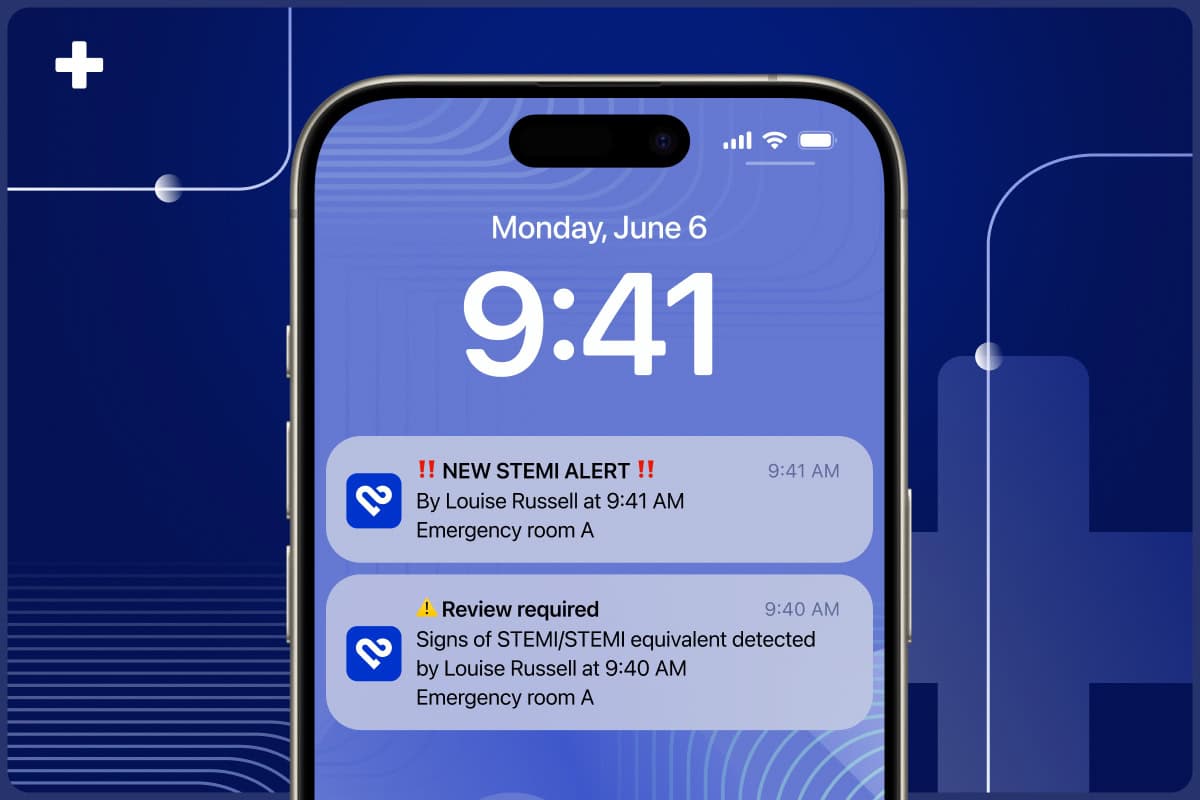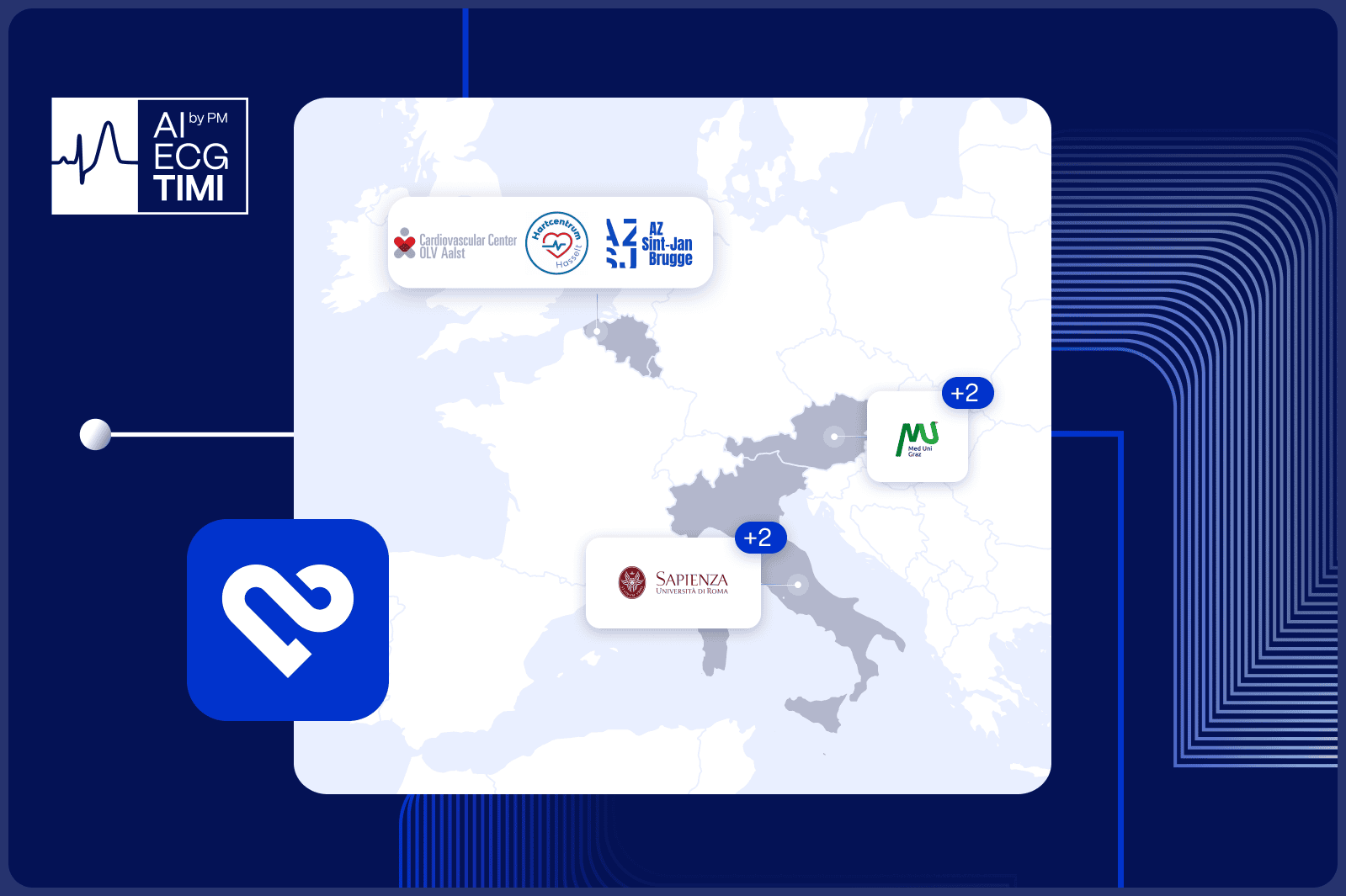The current NHS crisis has been particularly hard-felt by general practitioners. All across the UK, family doctors are facing unprecedented staffing shortages. In England alone, the number of full-time GPs has fallen compared to last year’s stats. To illustrate this in numbers, there are 1,973 fewer fully qualified full-time GPs in England today than there were in September 2015. Consequently, general practitioners in the UK treat many more patients than their capacities allow.
Now, add to the equation the increasingly aging population and more responsibilities on GPs’ shoulders compared to the pre-COVID times. The nature of GPs’ daily work has changed considerably over the past years. Today, an average general practitioner does everything from health screening, triaging referrals to hospital specialists, managing patients’ chronic diseases, and administering pre-operative assessments and vaccinations.
What you’ll get is a force of tired, overworked GPs struggling to keep up with the demand and a growing backlog of patients. All of this takes its toll on GPs’ mental health, too. There is an increasing number of practitioners actively seeking mental health support. Some are already becoming anxious about making diagnostic or treatment errors on account of their being constantly tired and overworked. Is there any silver lining?
Embracing technology is becoming imperative in 2023
While simple solutions are hard to find, advanced technology like artificial intelligence has the potential to unburden the medical staff. Smart technology can help automate certain tasks for practitioners, mitigate bottlenecks, and also help them be quicker and more confident in their clinical decision-making.
There are numerous ways in which digital technology has already transformed healthcare.
Electronic health records have systemized and sped up the process of obtaining and collecting patient data. Technology like CT scans and MRIs have enabled us to diagnose patients in ways that were impossible before. The field of radiology, for instance, has been practically redefined by AI-powered image recognition and computer vision technology.
The NHS itself has acknowledged the need to adopt digital technology in medical care workflows. For 2022/23, one of the top priorities for NHS England is to ‘exploit the potential of digital technologies to transform the delivery of care and patient outcomes.’
This priority is well-funded, too. The NHS England is set to invest £23.8 billion into technology innovations in 2022/3 and plans to achieve a core level of digitization by March 2025.
Stay on the pulse with our newsletter
Your submission was successful
How can AI help streamline the work of general practitioners?
Artificial Intelligence is already transforming the healthcare industry. Yet, we are still only at the dawn of the AI revolution.
Take ECGs, for example. While there are still many challenges in automated ECG interpretation, an AI-powered ECG interpretation already demonstrates performance that is on par with that of an expert cardiologist.
General practitioners are often the first point of contact for patients experiencing heart problems. ECGs are also performed at routine check-ups or pre-operative appointments. Typical GP or their supporting staff perform multiple ECGs weekly.
Yet, research shows that primary care practitioners often report lower confidence in ECG interpretation and require support in this area.
Trained on a million previous ECG cases, an AI-powered medical device like PMcardio can interpret an ECG in under 5 seconds – as accurately as a cardiologist with 30 years worth of experience would.
A general practitioner empowered with this medical device is a GP 2.0, if you will – making faster and more accurate diagnostic decisions. In the context of the current massive waiting times for getting referred to a specialist (sometimes taking up to 18 weeks), it’s of paramount importance to ensure accurate triage.
PMcardio reads a 12-lead ECG in seconds and creates a full ECG diagnostic report with detected diagnosis, referral recommendation, and detailed treatment suggestions adherent to medical practice guidelines.
Under current pressing circumstances, such tools in GPs’ hands will make them significantly more confident in their diagnostic decision-making. The right technology can lift at least one big burden off of their shoulders.
Read also: Case study: How PMcardio helps reduce errors in clinical decision making
The rise of the GP 2.0
In the context of the ongoing NHS crisis, we – practitioners – have to leverage technology to work more efficiently, automate some routine tasks, and mitigate bottlenecks.
As professor Jozef Bartunek, PhD, associate director and chairman of the Cardiovascular Center in Aalst and visiting professor at the University Leuven in Belgium, has said: ‘I see the role of AI in providing the best understanding and treatment for an individual patient.’
Cardiac patients are only one group of patients, but it’s a massive one. According to the British Heart Foundation, there are around 7.6 million people living with heart and circulatory diseases in the UK. It is estimated that as many as 920,000 people are living with heart failure in the UK. Around 1.5 million people in the UK have been diagnosed with atrial fibrillation, and at least 1 in 8 are not treated effectively.
Cardiac patients are a very vulnerable group of patients.
Improving the management of this large patient population can alleviate the strain on both primary care physicians and the specialists to whom they refer patients.
GPs that use AI technology, such as PMcardio, could streamline patient triage and refer only the most acute patients. Treating more patients in primary care not only relieves specialists but ensures faster and more efficient adequate treatment for the patient.
Just imagine the reduction in incorrect referrals to secondary care if GPs had a tool in their pocket to provide them with referral recommendations based on millions of previous cases.
Artificial intelligence can serve GPs as the extra staff member they don’t have. As an extra pair of eyes, a confidence boost in their daily decision-making.
Over to you
In this ongoing NHS crisis, general practitioners need help in whichever way they can get it. Taking advantage of smart technology in their practice can substitute that extra pair of hands they desperately need.
A task like working with patients’ ECGs – everything from digitising them, interpreting and triaging them to suggesting treatment, cataloguing, or sharing them – can now be easily done by AI. Let’s leverage its potential to the fullest.
Join the 17,000 healthcare professionals who are already taking advantage of AI, and become a GP 2.0. Try PMcardio in your medical practice today.







